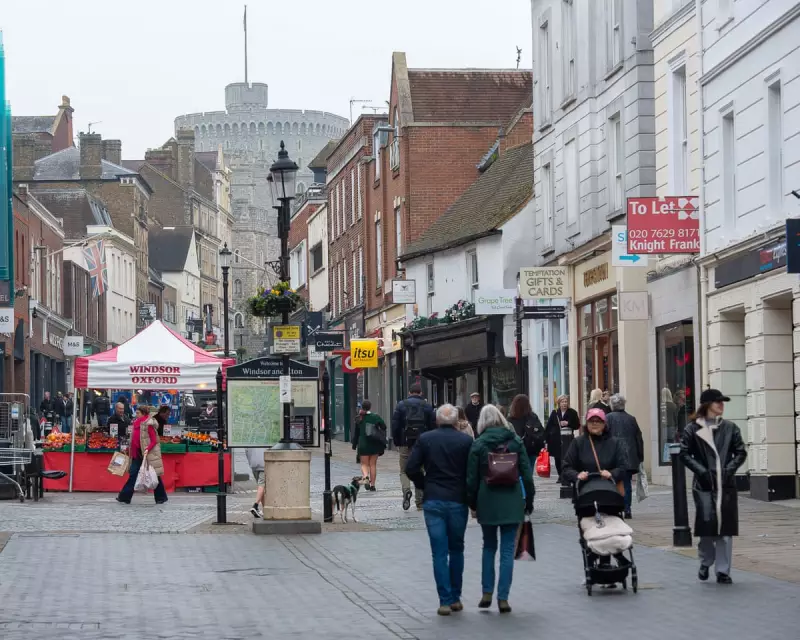
Retailers across the United Kingdom have expressed significant relief after the government's latest budget announcement introduced less severe changes to business rates than the industry had feared. Following months of warnings that punitive measures could force widespread shop closures and job losses, Chancellor Rachel Reeves unveiled a plan for permanent reductions.
A Sigh of Relief for the High Street
The new measures, revealed on Wednesday, will set bills for approximately 750,000 retail, hospitality, and leisure properties below the current standard level. While the discounts are not as generous as the temporary pandemic-era support, they offer a reprieve, with deeper cuts available for smaller operators. The government is also providing billions in transitional relief to cushion the blow for those facing dramatic increases from April 2026.
Prior to the announcement, anxiety was high. The British Retail Consortium (BRC) had warned in September that a substantial hike could lead to 400 large store closures and put up to 100,000 jobs at risk. This worst-case scenario has been largely averted.
Mixed Reactions from Industry Leaders
Simon Roberts, the Chief Executive of Sainsbury's, responded positively, stating, "We welcome the government’s decisions in the budget on business rates, and that industry concerns have been heard." He added that the move would help the supermarket continue its fight against inflation.
Analysis from Citi suggested the outcome was better than anticipated. They had predicted potential extra costs of £39m for Sainsbury's and £100m for Tesco, but noted the announced changes mean this financial headwind is likely to be materially lower.
However, the news was not universally applauded. A new surcharge will apply to properties with a rateable value exceeding £500,000, though it is set at about a quarter of the initially feared level. George Weston, CEO of Primark owner Associated British Foods, voiced disappointment that larger stores were not exempt, noting their role as anchors for high streets.
Frustration Beyond Retail
The business rates adjustments have sparked criticism from other sectors. Kate Nicholls of UKHospitality stated that wage rises and other factors have increased pressure on pubs, restaurants, and cafes. Meanwhile, the CBI criticised the budget's overall approach to tax, suggesting it risks stalling economic growth.
In a positive move for the City, the chancellor introduced a three-year stamp duty holiday on share purchases for UK-listed companies. Dame Julia Hoggett of the London Stock Exchange hailed this as a vital step to encourage investment.
Helen Dickinson of the BRC perhaps best summarised the sentiment, calling the budget a "mixed bag" that offers relief for many but introduces new costs for others, highlighting the ongoing challenges facing the UK's retail landscape.





